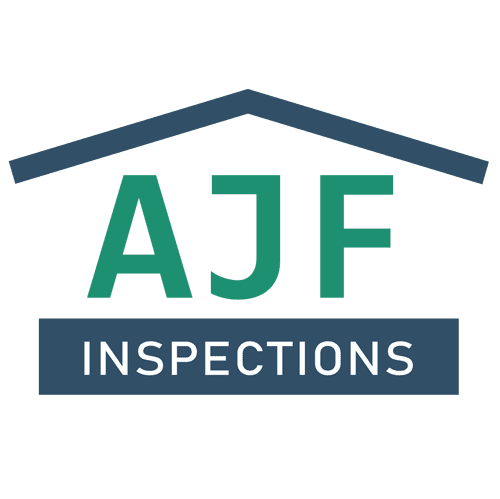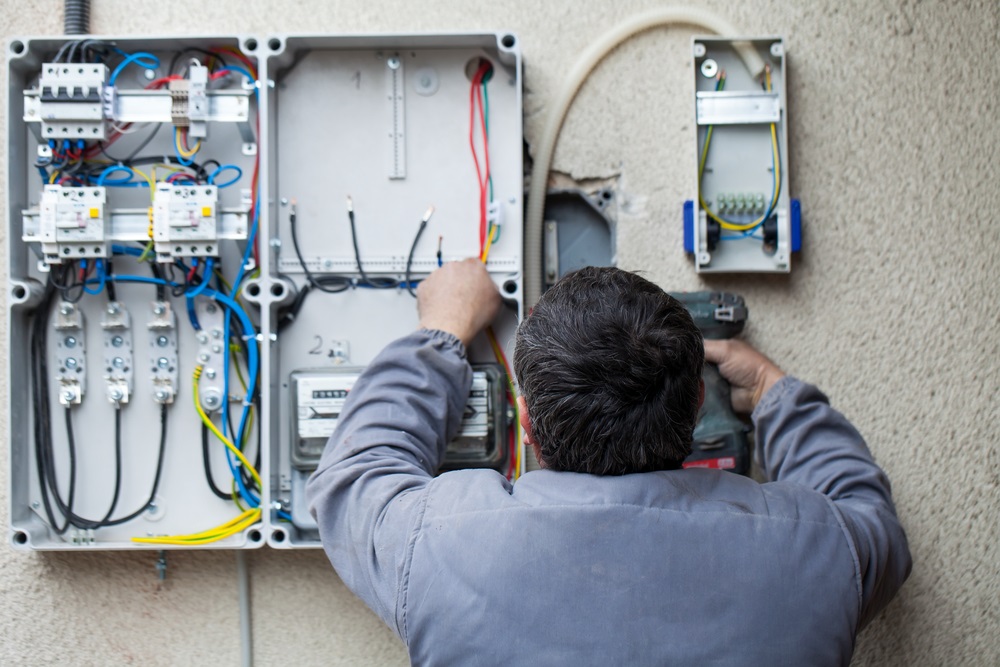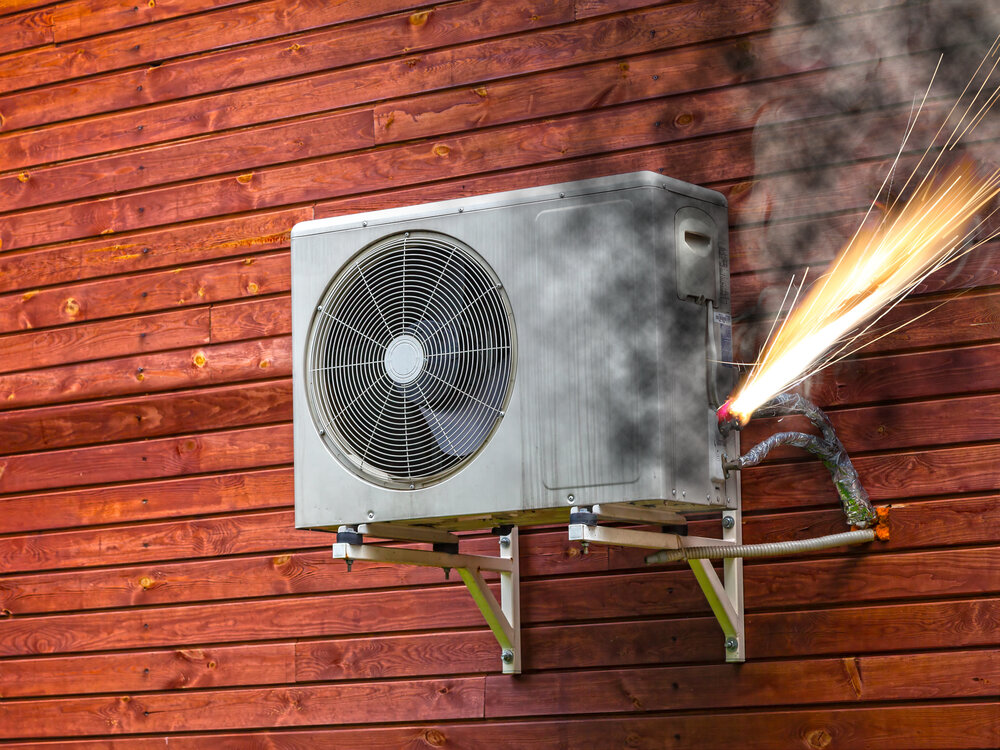
Ways Home Inspection Can Help You Save Thousands of Dollars
Ensure not to overlook the crucial step of home inspection and to hire a home inspector in Phoenix when buying a property. This involves thoroughly examining the property’s condition to identify any structural, plumbing, or electrical issues that require fixing. A home inspection can save you thousands of dollars by revealing hidden issues that may not be apparent during a typical viewing. By addressing these issues early on, you can negotiate a lower purchase price, budget for repairs, or even choose to walk away from a property that would cost you more in the long run. This blog will discuss ways a home inspection can help you save thousands of dollars in the long run.
Identifying Structural Issues
When purchasing a home, it’s important to remember that this will likely be one of the most significant investments you make in your lifetime. However, hidden structural problems can cause considerable financial losses without proper inspection. Structural issues can lead to costly repairs, damage to personal property, and even render a home uninhabitable.
Luckily, a home inspection can identify structural issues before they become significant problems. Common structural issues that a home inspection can detect include foundation problems, roof issues, and wall cracks. By identifying these issues early on, homeowners can save thousands of dollars in the long run by addressing them before they escalate.
Foundation problems can be a significant issue for homeowners and are often expensive. Cracks in the foundation can cause a home to shift, leading to further structural problems. A home inspector can identify any issues with the foundation and recommend necessary repairs, potentially saving homeowners from more extensive and costly foundation repairs in the future.
Roof issues are another common structural problem that a home inspection can detect. A roof problem can lead to mold, water damage, and even collapse if left untreated. A damaged or leaky roof can cause significant damage to a home’s interior and personal property. A certified home inspector in Phoenix can identify any issues with the roof and recommend repairs to ensure that the roof is structurally sound.
Wall cracks can also be a sign of significant structural issues. Cracks can indicate that a home is settling or damage to the foundation. These cracks can cause the walls to bow or collapse if left untreated. By identifying wall cracks early on, homeowners can avoid more costly repairs.
Uncovering Electrical Issues
Electrical problems, if left untreated, can be hazardous and expensive to repair. They can range from outdated electrical systems to damaged wiring or overloaded circuits. Home inspection companies in Phoenix, AZ, can help identify electrical issues that may not be visible to the naked eye.
A home inspector can identify potential electrical hazards like overloaded circuits, ungrounded outlets, or exposed wiring. These hazards can pose a safety risk to the homeowner and their family. By identifying these issues, homeowners can take steps to correct them and save thousands of dollars in the long run. For example, outdated electrical systems may require replacement, which can be costly. However, identifying the issue early on allows homeowners to budget for the repair and avoid potential safety risks.
Electrical issues can also cause damage to a home’s appliances and electronics. Overloaded circuits can cause appliances to short out, leading to expensive replacements. A home inspection can identify potential electrical hazards that may cause damage to appliances or electronics, enabling homeowners to address the issue before it becomes a costly problem.
Moreover, a home inspection can help homeowners identify energy-efficient upgrades that can save them money in the long run. The inspector may suggest upgrading to LED light bulbs, installing a programmable thermostat, or adding insulation to the attic. These upgrades can reduce energy consumption and save homeowners money on their energy bills.
Spotting Evidence for Pest Infestations
A home inspection is essential in identifying potential pest infestations that can cause significant damage to a home’s structure, health hazards, and costly repairs. Early detection of pest activity can save homeowners a considerable amount of money in the long run.
For instance, termites can cause significant structural damage to a home if left untreated. Detecting termite activity during a home inspection can prompt homeowners to eradicate the pests and prevent further damage quickly. Early detection can save homeowners from expensive repairs later on.
Pests can also pose health hazards to homeowners and their families. Rodents, for instance, can carry diseases that can be transmitted to humans. Identifying rodent activity during a home inspection can prompt homeowners to take necessary action, such as sealing entry points and calling in pest control services. By taking swift action, homeowners can prevent health hazards and avoid expensive medical bills.
Moreover, a home inspection can identify potential areas of the home that may attract pests, such as standing water or leaky pipes that can attract mosquitoes or cockroaches. An inspector can recommend solutions to prevent pests from infesting the home by identifying these potential problem areas.
Identify Heating and Cooling System Issues
Home inspections can be helpful in the long term for locating problems with the heating and cooling systems. These systems are necessary for keeping a comfortable home environment, and when they fail, it can result in expensive repairs and sometimes dangerous circumstances.
A qualified home inspector will carefully inspect the heating and cooling systems during a home inspection to ensure they are in good working order. This entails checking the thermostat, ductwork, furnace, and air conditioner. The inspection report will indicate any faults discovered, allowing the homeowner the chance to take care of them before they worsen.
A dirty air filter is one of the most typical problems identified during a heating and cooling system inspection. The airflow is restricted when the filter is clogged with dirt and debris, which makes the system work harder to heat or cool the house. This may result in higher energy costs and system wear and tear, necessitating costly repairs. Early problem detection lets the homeowner change the filter and stop additional system damage.
A malfunctioning thermostat is another typical problem an inspector may encounter while inspecting a heating and cooling system. A faulty thermostat can make the system operate inefficiently or not at all, creating uncomfortable conditions and sometimes dangerous scenarios. For example, if the thermostat doesn’t shut off the heating system, it may result in overheating and possibly a fire. This problem can be found during a home inspection, and the homeowner can have it fixed or replaced before it poses a safety risk.


